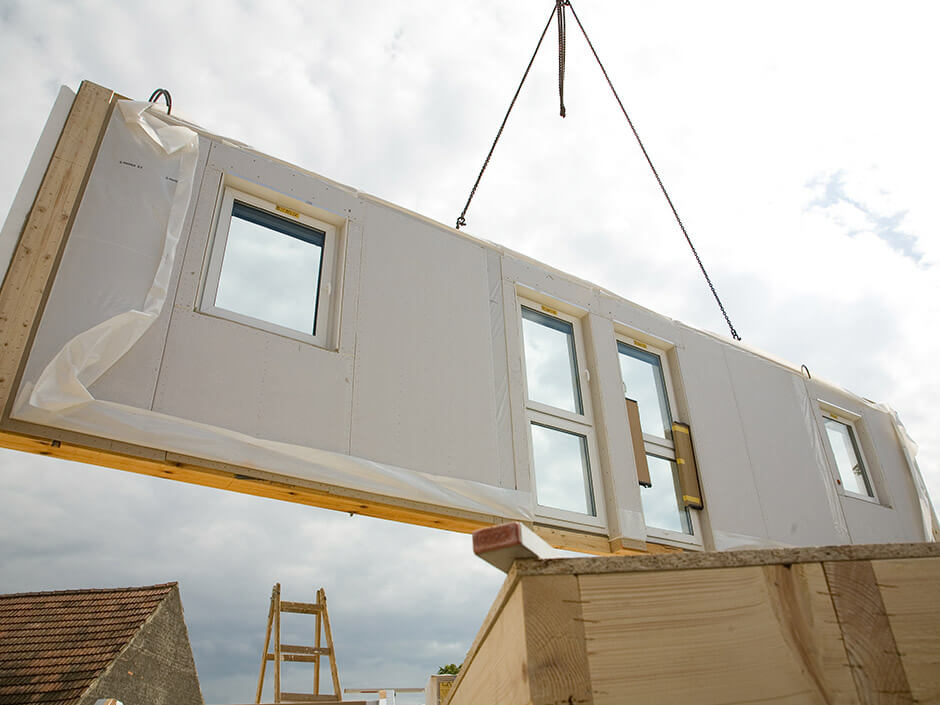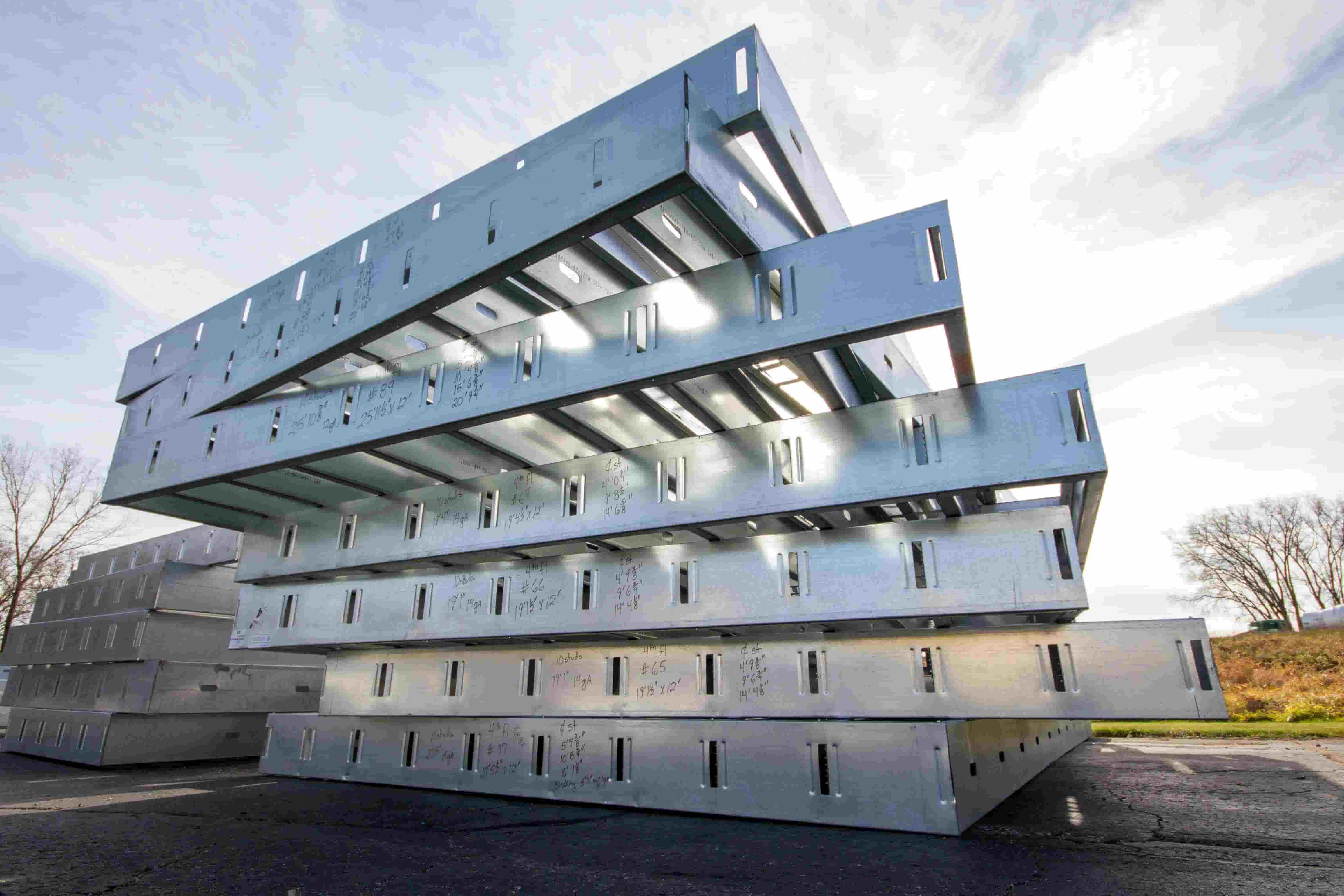Environmental Benefits of Using Prefab Panels in Home Building
Prefab panels, a key component of modern construction, offer a range of environmental benefits that align with sustainable building practices. This article explores how the use of prefab panels contributes to a greener approach to home building.
One of the main advantages of using prefab panels for homes is the time and cost savings. Since the panels are prefabricated in a controlled environment, they can be produced quickly and efficiently. This helps to reduce construction time and labor costs. Additionally, the precise measurements and quality control of prefab panels ensure that there is minimal waste during the construction process.

Image Source: Google
1. Reduced Construction Waste:
Prefab panels are manufactured off-site with precise measurements, resulting in minimal on-site waste during the construction process. This reduction in construction waste contributes to a more eco-friendly building approach, minimizing the environmental impact of the project.
2. Energy-Efficient Manufacturing:
Prefab panels are produced in controlled factory environments, allowing for more efficient use of energy and resources. The streamlined manufacturing process results in lower energy consumption compared to traditional on-site construction methods.
3. Faster Construction Time:
The use of prefab panels accelerates the construction timeline. Reduced construction time translates to lower energy consumption and a smaller carbon footprint associated with the building process. Prefab construction minimizes on-site disturbances, further contributing to environmental conservation.
4. Improved Energy Efficiency in Buildings:
Prefab panels often incorporate insulation materials that enhance energy efficiency in buildings. Improved insulation reduces the reliance on heating and cooling systems, leading to decreased energy consumption throughout the life of the structure.
5. Sustainable Material Choices:
Prefab panels are often crafted from sustainable and recyclable materials. This choice contributes to a circular economy by minimizing the demand for new resources and promoting the reuse of materials in future construction projects.
Conclusion:
Embracing prefab panels in home building is a forward-thinking approach that aligns with environmental sustainability. The reduced construction waste, energy-efficient manufacturing, faster construction time, improved energy efficiency, and sustainable material choices make prefab panels a compelling choice for those seeking eco-friendly solutions in the construction industry.
